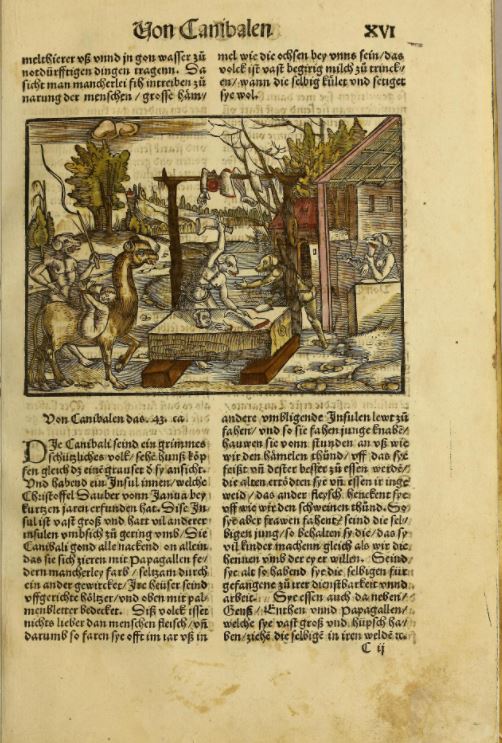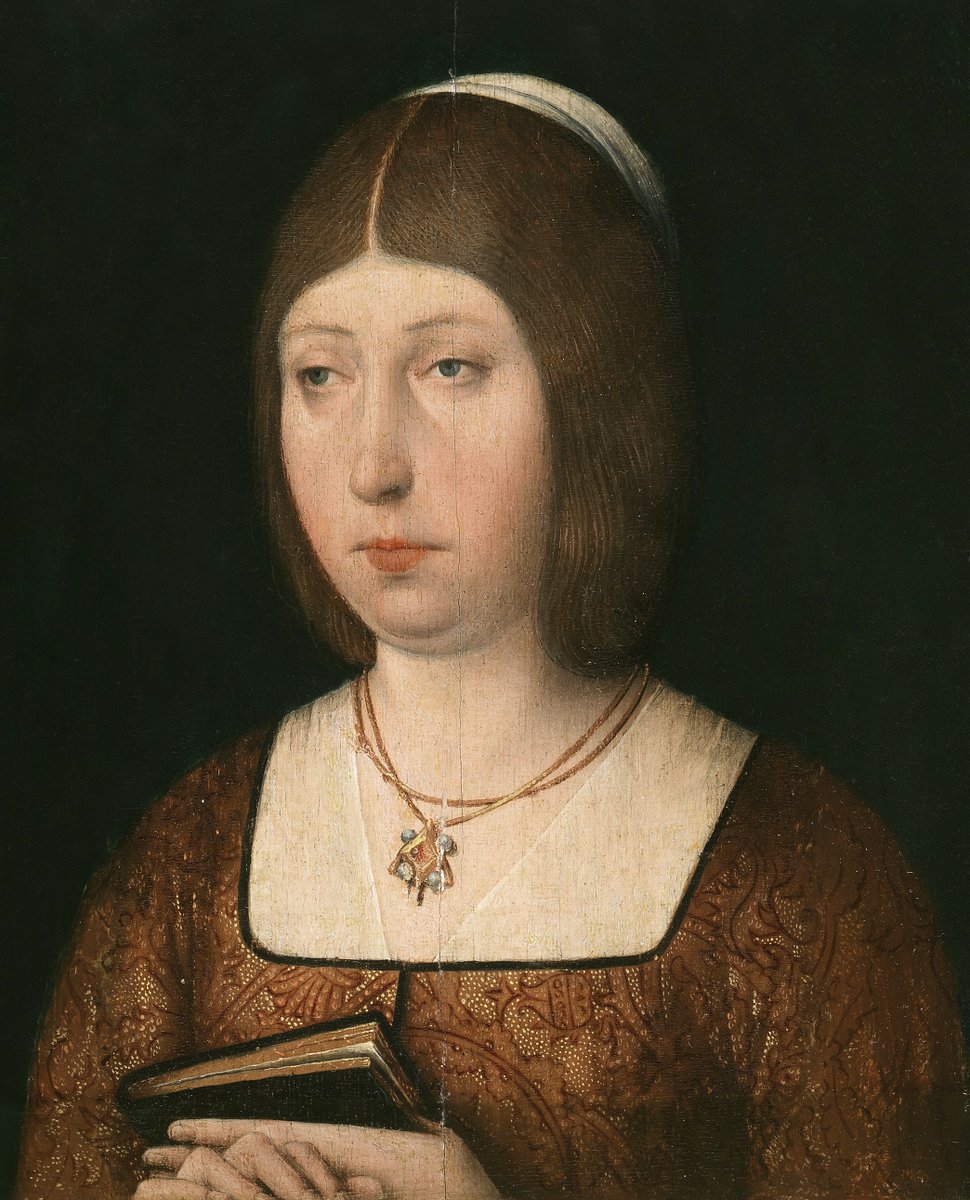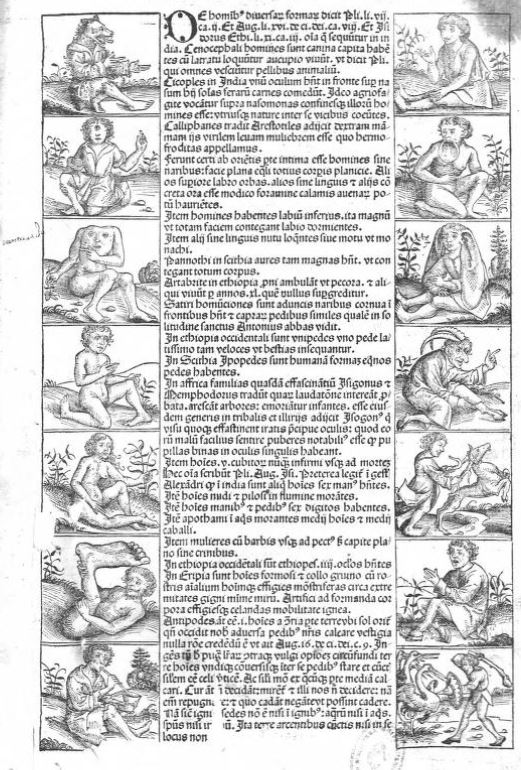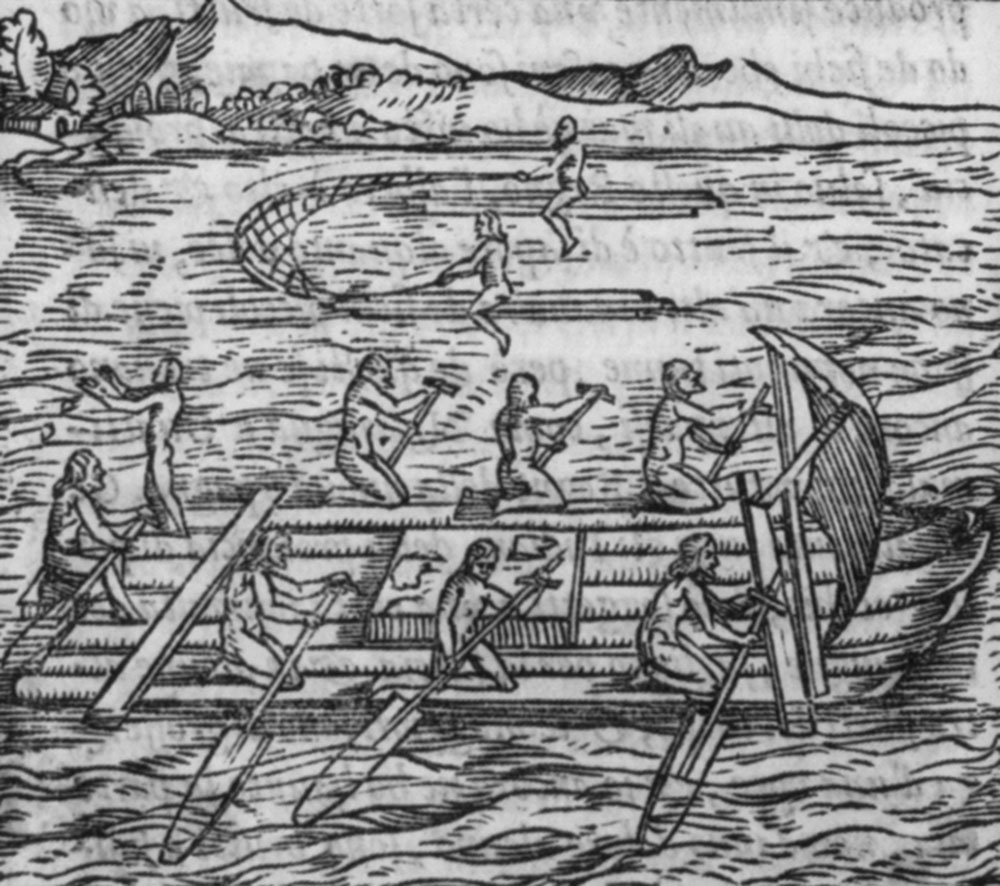Welcome to day two of my #tweetistorian and #EarlyModernPeriod spree. Since yesterday's thread was about the colonist origins of the word "cannibal," today we'll explore those late 15th and early 16th century attitudes towards anthropophagy in more detail. 1/10
spree. Since yesterday's thread was about the colonist origins of the word "cannibal," today we'll explore those late 15th and early 16th century attitudes towards anthropophagy in more detail. 1/10
 spree. Since yesterday's thread was about the colonist origins of the word "cannibal," today we'll explore those late 15th and early 16th century attitudes towards anthropophagy in more detail. 1/10
spree. Since yesterday's thread was about the colonist origins of the word "cannibal," today we'll explore those late 15th and early 16th century attitudes towards anthropophagy in more detail. 1/10
One of the earliest references we have to people-eating in the "New World" is a 1493 letter by Christopher Columbus, which exists in several copies. In all versions of this letter, he describes an island of gentle people and a neighbouring island of ferocious man-eaters. 2/10
Columbus doesn't actually use the word "cannibal" in any version of the letter, although in one version he names the island where these man-eaters live Caribo. He says that they are "no more ill-shapen than the others." Compare that with yesterday's cynocephali. 3/10
Ten years after that email, Queen Isabella passed what Michael Palencia-Roth calls "the cannibal law." The 1503 law bans the enslavement of New World peoples *unless* they are cannibals and refuse to convert to Catholicism. 4/10
So the gentle, generous Indigenous people of Columbus' letter should go free while the ferocious cannibals could be enslaved by their colonizers. Palencia-Roth suggests that the law was directly inspired by a 1494 letter by Columbus. 5/10
In this letter, Columbus claims to have encountered cannibals and suggests a program of deportation to Spain to force them into Christian customs. The reason for the change from deportation to enslavement is that the Spanish crown didn't want the cannibals in Spain. 6/10
Belief in the existence of Indigenous American people-eaters was so widespread at this time that it was just assumed that colonizers would run into them. Columbus' 1493 letter even mentions his surprise that the people he met weren't "monstrous". 7/10
Columbus was surprised that the people encountered were generous and handsome although he maintained that, until they were Christianized, the Indigenous peoples of the Americas couldn't really be fully human-- he describes their "naive" nature in great detail. 8/10
The perceived naïveté of some Indigenous peoples was used to treat them like they were barely human and needed Christianity/civilization. For other Indigenous peoples, the allegation that they ate people was held up as evidence that they needed Christianity/civilization. 9/10
This was a no-win situation for Indigenous people. Either you were a cannibal and needed forcible, violent correction or you were a potential victim of cannibalism and needed the shield of Christian culture to protect you from your own neighbours. 10/10

 Read on Twitter
Read on Twitter





